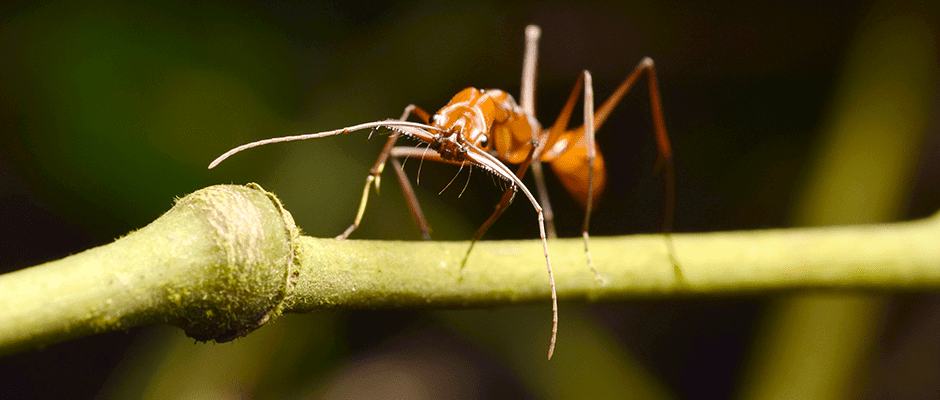Share this article
Should species names go to the highest bidder?
Donald Trump has a moth named after him. Barack Obama can claim a spider. It’s not unusual for newly discovered species to be given unlikely scientific names, but usually those names are bestowed by the discoverers. Should they go to the top bidder instead? Last Saturday, the Rainforest Trust celebrated its 30th anniversary with what it called “the largest species-naming auction in history.” Naming rights for 12 species were auctioned off, raising $182,500 to fund the organization’s conservation work. On the auction block were four frogs, four orchids, a forest mouse, a trap-jaw ant, a salamander and a legless amphibian known as a caecilian. “All Proceeds will be matched and will go directly towards protecting the ecologically rich homes of the flora and fauna being named, areas where there are likely other unknown species that enrich our planet and could have immense benefits to mankind,” the Rainforest Trust announced. But the practice has its critics. “There are so many possible ways that it can go badly,” entomologist and taxonomist Douglas Yanega told the New York Times.
Click here for more from the Rainforest Trust and here for the New York Times article.
Header Image: A new species of trap-jaw ant was featured in Rainforest Trust’s Species Legacy Auction. ©Fundación de Conservación Jocotoco








